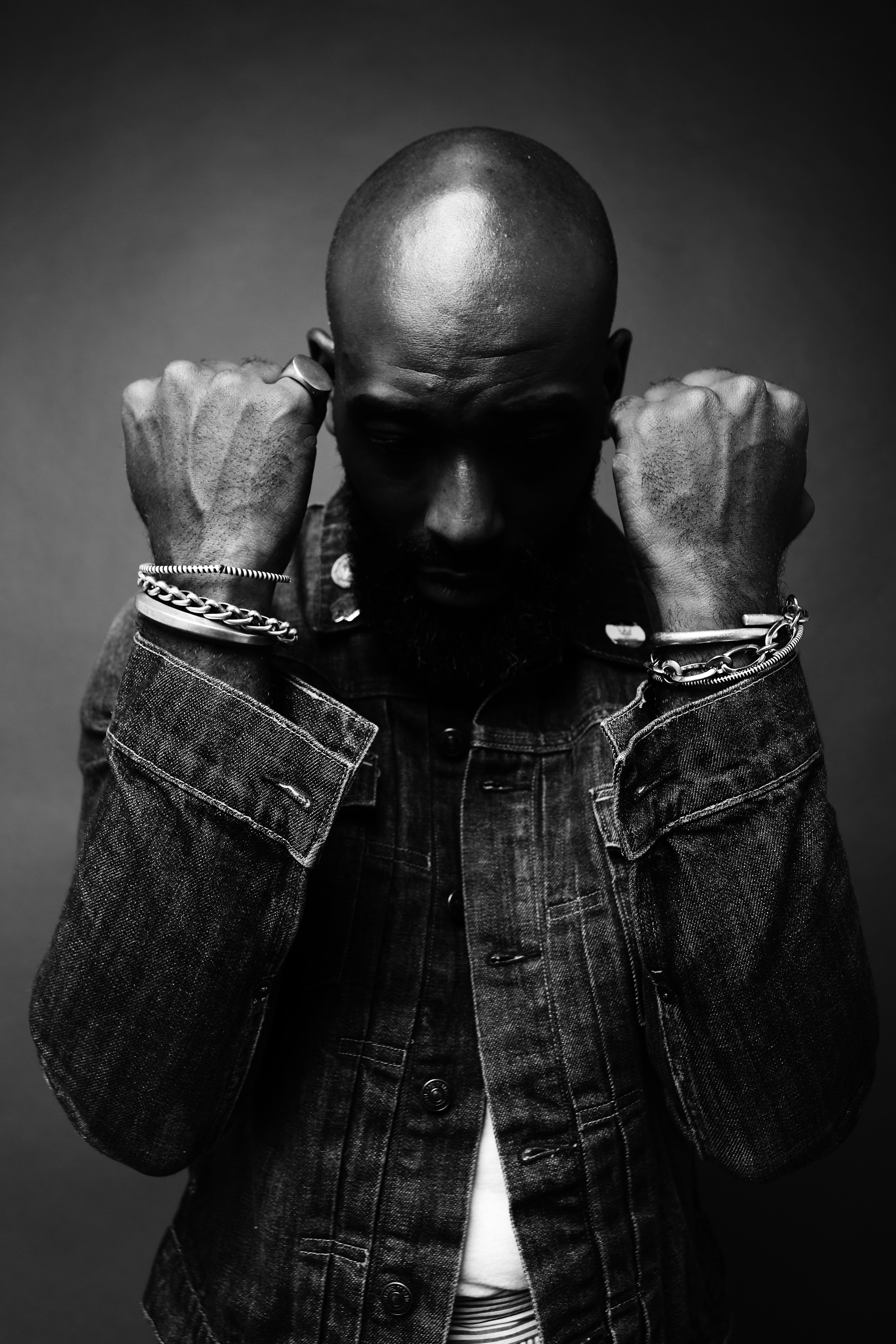One of the most important archaeological finds of the 20th century is now available for all to see online after the Israel Antiquities Authority and Google digitised the Dead Sea Scrolls.
Anyone with an internet connection will now be able to take a new look into the Biblical past through an online archive of high-resolution images of the 2,000-year-old Dead Sea Scrolls completed by the Israel Antiquities Authority (IAA) and Google.
The scrolls, most of them on parchment, are the oldest copies of the Hebrew Bible and include secular text dating from the third century BC to the first century AD.
IAA, the custodian of the scrolls that shed light on the life of Jews and early Christians at the time of Jesus, said it has collaborated with Google's research and development centre in Israel for the past two and a half years to upload digitised images of thousands of fragments from the collection.
Yossi Matias, the head of Google-Israel R&D centre, described the project launch as "exciting".
"What's exciting about this launch is that users from all over the world can access these ancient scrolls, through wherever they are, and they can experience them through any device, anywhere in the world. This project brings to life the ten commandments, Genesis book, known verses from the Psalms and some 5,000 images of fragments from the scrolls," Matias said.
Since its discovery, the Dead Sea Scrolls have been extensively researched by scholars across the world. Vast amounts of information are now available on each scroll and many of the fragments.
Approximately 4,000 fragments have been already uploaded to the website, with the aim to eventually upload all tens of thousands of them, the IAA said.
"It's a project that I believe that every human being around the globe is very excited (about). Again, because it's not only for the Jews, it's not only the story of the Jews. it is the story of Christianity, and Islam and all the others. This is the old Testament," said Shuka Dorfman, the IAA director.
For many years after Bedouin shepherds first came upon the scrolls in caves near the Dead Sea in 1947, only a small number of scholars were allowed to view the fragments.
But access has since been widened and they were published in their entirety nine years ago.
A few large pieces of scroll are on permanent display at the Israel Museum in Jerusalem.
View the Dead Sea Scrolls at http://www.deadseascrolls.org.il/
Ancient Apocalypse Review
-
We have watched 2 episodes of this series. It should not be confused with
the Graham Hancock Netflix series as it is produced by Get Factual. The
first epi...
2 hours ago




.JPG)


































